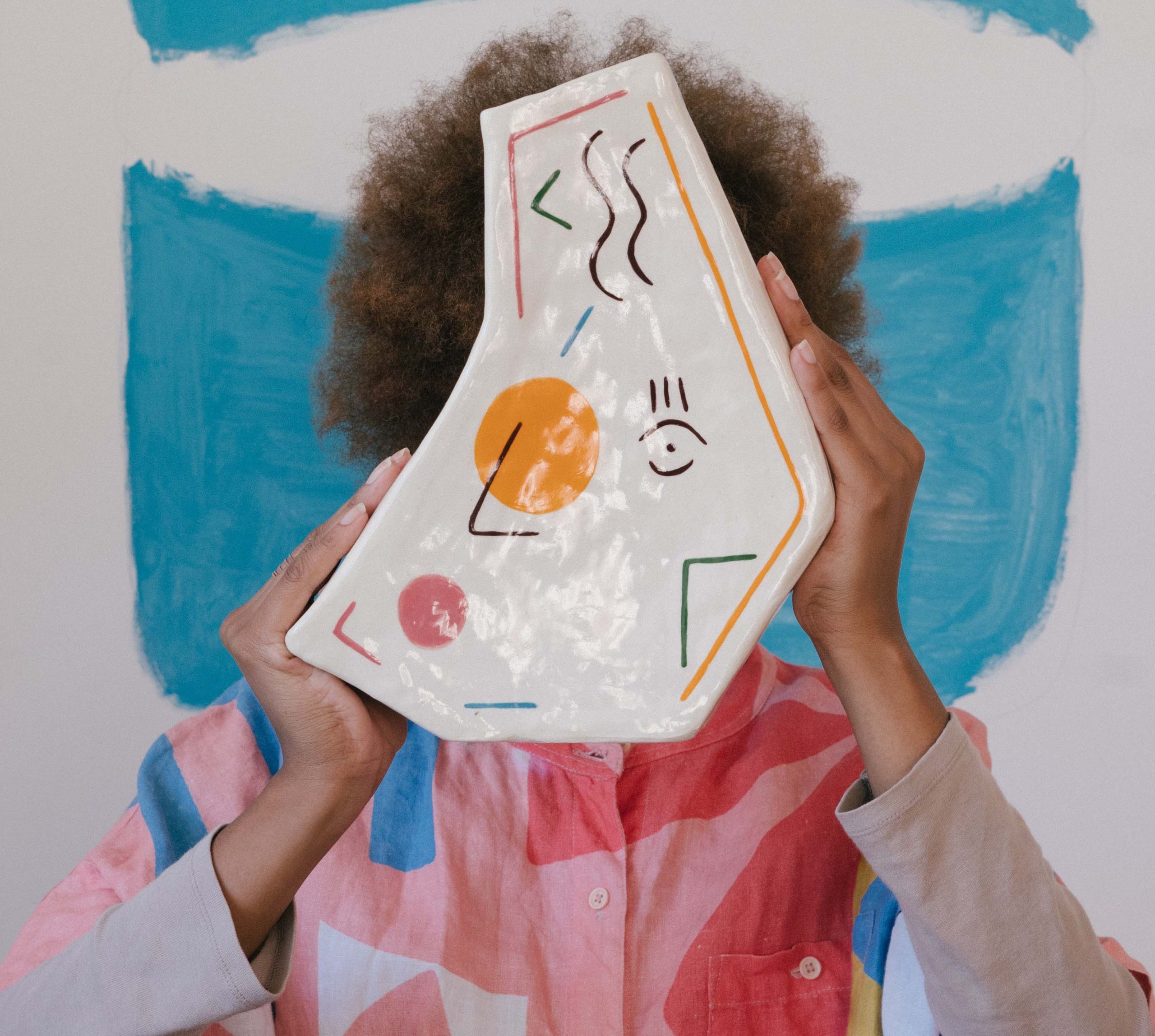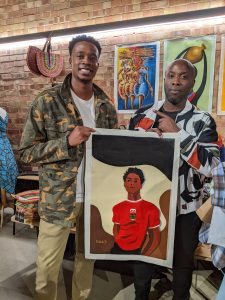One of my favourite scenes in Black Panther was right at the beginning. Erik Killmonger is in an English museum looking at all of the African history locked up behind glass panels.
He begins to talk to the museum’s curator and explains very calmly that he is going to take the African artefact off the museum’s hands, to which the museum curator retorts that the artefacts aren’t for sale.
He then replies: “How do you think your ancestors got these? Do you think they paid a fair price? Or did they take it… like they took everything else?”. Now, every time I’m in a museum or exhibition about African history, I’m always taken back to that scene.
Although I would not be bold enough to walk into a museum and procure stolen African artefacts, Mwazulu Diyabanza does just that. He was arrested as recently as June 2020 for trying to procure African artefacts from a Parisian museum.
Working with his team, they live streamed their actions to Facebook and uploaded the videos to YouTube for all to see.
He was quoted as saying, “It’s wealth that belongs to us, and deserves to be brought back, I will bring to Africa what was taken”.
In an interview with Vice magazine, he says “I don’t think I’m like Killmonger, he’s a fictional character. But, my approach is compatible. I can play that role, but I know how to get away with things without murdering people, and how to be effective with my actions.”

Portraits of Mwazulu Diyabanza in Paris. This Congolese activist is on trial in Paris for having stolen a Chadian funeral post from the Quai-Branly Museum. He thus intends to protest against the monopolization of African cultural property by Western countries. He led similar actions in Marseille and Berg en Dal in the Netherlands. Paris, France, 03 October, 2020. Photo by Florent Bardos/Abaca/Sipa USA(Sipa via AP Images)
Originally from the Democratic Republic of Congo, Mwazulu’s actions are personal. His grandfather was governor of the Mpangu province and oversaw the province when the King was absent.
It was while his grandfather was overseeing the province that the colonisers arrived and stole art and jewels from his family.
Although I like to visit museums and see the artifacts, I would prefer that these items were taken back to their rightful owners. Or and in addition, the money the museum makes from the public paying to view these items should be sent to the country of origin.
Isn’t it ironic that the items which were stolen so long ago are still in possession of the people who stole them and we are now charged to view these items? The countries and museums seem very possessive over these items, which is why they are so reluctant to give them back.
The British Museum, one of the largest museums in Europe, has around 70,000 African artifacts. As you can imagine, it isn’t the only museum which holds African artifacts.
Belgium finally returned the tooth of assassinated Congolese leader Patrice Lumumba to his family.
The remains of Saartjie Baartman, a Khoisan woman kidnapped and abused by France in the 18th century, were returned to South Africa after repeated requests in 2002.
France has now agreed to return stolen items from the Benin kingdom back to their rightful owners. Benin will receive a stolen throne, while Senegal will receive a stolen sword back from France.
In Paris alone, there are around 70,000 stolen African artifacts, but the French are only returning 26 pieces.
The French President Emmanuel Macron intended to “renew and deepen the partnership between France and the African continent“. How does he intend to renew the partnership if he is only returning 26 out of 70,000 items?





